Read to find out if you’re at risk of teacher burnout – look for the signs and symptoms before you succumb to this insidious health issue for teachers.
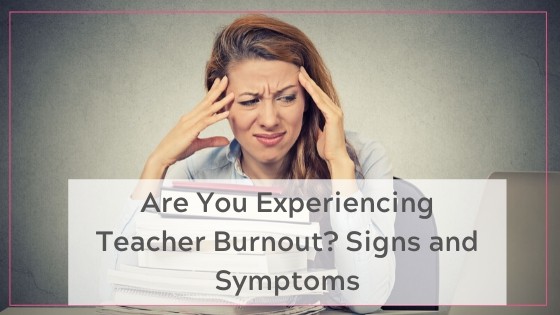
Are you experiencing burnout, my teacher friend?
Teaching is a tough gig and if you allow yourself to continue to burn the candle at both ends (like the old saying goes) you will burnout. It’s a fact!
I think many good educators run the risk of teacher burnout, which saddens me greatly.
Teaching is getting harder, not easier.
You know this and I know this.
You care so much about your kids and the work you do, which is admirable. But, oftentimes it’s at the expense of your own health and sanity.
Burnout: the scary truth for many teachers
Are you absolutely worn out and exhausted?
Or are you there already, crumpled on the floor like a pile of unwashed laundry?
You might be like me and have become a Netflix junkie and binge-watch endless seasons of The Blacklist because that’s all you have the energy for (plus it takes your mind off school).
Don’t keep neglecting yourself, my friend.
Keep reading to find out about my story and the signs and symptoms of burnout that appeared for me.
What is teacher burnout? I hear you ask.
That’s a great question.
My husband thinks that burnout has got to do with all the smoke that’s made when his motorbike’s wheels spin fast and burn rubber on the road. Haha! He made me laugh when he said that!
But seriously, The Americal Psychological Associations definition of burnout is ‘extreme work-related stress, categorized by emotional, psychological, and physical exhaustion’, and explains that it has become a ‘modern-day epidemic in the teaching profession’.
This is a scary thought for all of us as teachers.
It helps to understand its definition because you can understand now that the symptoms of burnout mirror those of chronic stress.
The effects of this type of stress are discussed in the article called 5 Easy Ways to Relieve Teacher Stress.
These are the symptom that I was experiencing for a long time. They didn’t just come-on overnight.
The problem for many teachers is, that often we don’t recognise these symptoms when they present themselves.
We’re too busy, or we just get too caught up in our everyday school routine.
Often you might be experiencing symptoms, like extreme exhaustion or headaches, or you might pick up every ‘bug’ going around.
Or you think, “It’s just my teacher depression.”
TAKE THE TEACHER BURNOUT QUIZ HERE – TO FIND OUT IF YOU’RE IN THE DANGER ZONE!
Then, you think that if you just ‘push through’, or you can just make it to the next set of school holidays, you’ll be ok.
But friend, I’m sorry to tell you that you’re NOT going to be ok if you just keep doing the same thing day-in-day-out.
The statistics on teacher burnout don’t lie – 65% of the teachers that were surveyed showed signs of burnout and 20% were at risk of burnout.
Wow! Scary statistics!
Obviously, something needs to change if teachers are going to avoid burnout.
Bottom line?
This comes back to you!
You WILL NEED to make some serious changes, particularly in the area of personal self-care.
By setting some clear boundaries for yourself and gain better work-life balance, you CAN change your future teaching life and health for the better.
If you’re needing some help implementing self-care into your routine, get the FREE Self-Care Calendar here: Don’t wait to change your story
Here are some symptoms you might be displaying.
These are what showed up for me and you might see them in your colleagues too, SO TAKE NOTE…
Disclaimer: I’m not a qualified medical practitioner, so my observations are completely from a laypersons perspective. If you are experiencing any signs of burnout or mental health issues I recommend you get professional medical advice immediately.
The signs and symptoms of teacher burnout
The signs and symptoms of teacher burnout can be very different for everyone.
Many burnout symptoms mirror the same conditions that accumulative chronic or acute stress can cause. And if balance isn’t corrected it leaves our body open to a large variety of illnesses, diseases and disorders, that can directly or indirectly affect our quality of life (Viki Thonley, Mind Body Health, 2019)
For me, these symptoms approached by stealth.
You know, like a ninja creeping up slowly and attacking his unguarded mark.
These were my personal burnout symptoms:
- Foggy Brain – I couldn’t think clearly
- Negativity – I wasn’t experiencing joy in teaching anymore
- Wanting to quit teaching – do you hear yourself say, “I can’t do this anymore”?
- Being overly emotional
- Irritability
- A diagnosis of depression and/or anxiety
- Sleep problems
- Getting sick all the time
- Exhaustion. All. The. Time.
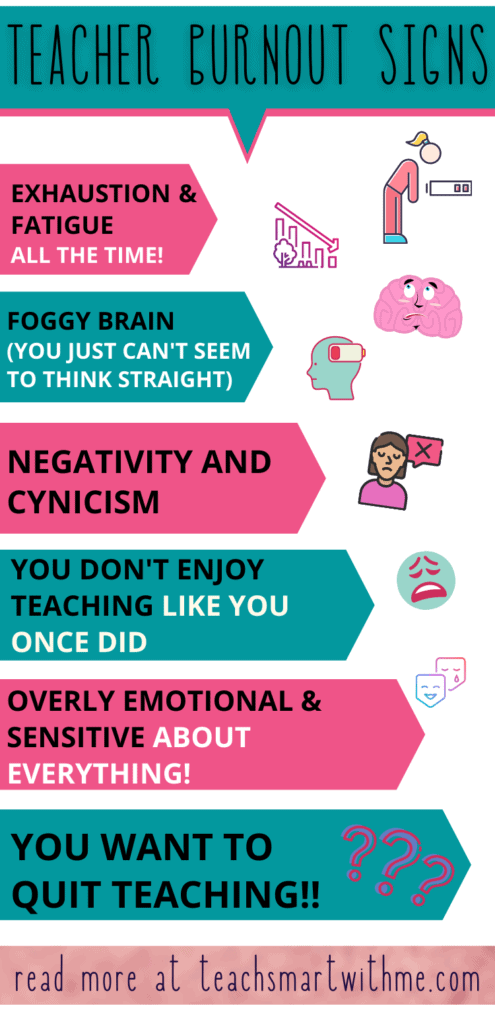
The exhaustion and foggy brain started first. I just couldn’t think straight, which isn’t good for any teacher. and I was TIRED. ALL. THE. TIME.
I felt like I needed to keep all the plates spinning and not drop any of them, but I couldn’t remember if they were all in the air at the same time or not.
Next, negativity crept in.
Negativity is like poison. Just a small amount ruins all the good around it.
You can’t just add any amount of poison to your food and expect to be safe. That’s what negativity is like.
It quietly clouds your thinking about everything and eventually dominates the way you speak, the way you think and the people you hang around with.
You know the phrase: misery loves company?
or the LAW OF ATTRACTION?
When we feel negative, we are generally drawn to others that feel like this too.
The other symptoms I experienced – like wanting to quit teaching, and feeling the emotional build-up, arrived later on.
But before this, I KNEW I needed to make some BIG changes in my life.
Are you in the BURNOUT DANGER ZONE – TAKE THE QUIZ HERE to find out?
My battle to stop the ravages of burnout
So I didn’t just sit around and ignore it. I wanted to improve my health.
I discovered SELF-CARE.
Many of the articles I’ve written are related to self-care, and I truly believe that you as a teacher need to proactively implement self-care in your daily life if you are going to ward off burnout.
Related Article: 8 Simple Habits of Self Care for Busy Teachers
I think it comes back to an imbalance in our work and life that some teachers find themselves in.
It’s true – teaching can TAKE OVER YOUR LIFE, if you let it.
With this, sometimes personal neglect can arise because of the pure exhaustion that we experience from the job.
Well, that’s what happened to me, anyway.
Getting back, I started to make changes and improvements by taking better care of myself.
I also visited a counsellor and commenced my journey to healing myself with nutrition and diet.
Read my story here: Practice Self-care to Prevent Teacher Burnout
It was working! I felt like I was making progress.
So much so, that my energy levels were returning.
Over the Christmas holidays, I was feeling like my old self again. I was functionally normally – making plans, decluttering my house, finding rewarding jobs to complete and finally finding joy in my life again.
I remember starting the new school year with a new bounce in my step.
The changes were real.
I was on the mend physically, with this newfound energy that had burst back into my body.
BUT… what I didn’t realise was that self-care and stress relieving techniques MUST and SHOULD be continued every day or at least regularly – whatever that looks like for the individual.
Because then, BAM!!
The new school year kicked-off and I found myself with a very challenging and emotionally demanding new class.
I found that my self-care regime started to decline through the busyness of the school year. The demands of my teaching workload and the needs of my class took over.
The effects of these daily demands were insidious.
Months went by before I realised that I was succumbing to more serious symptoms of accumulative chronic stress.
Full-fledged burnout appeared
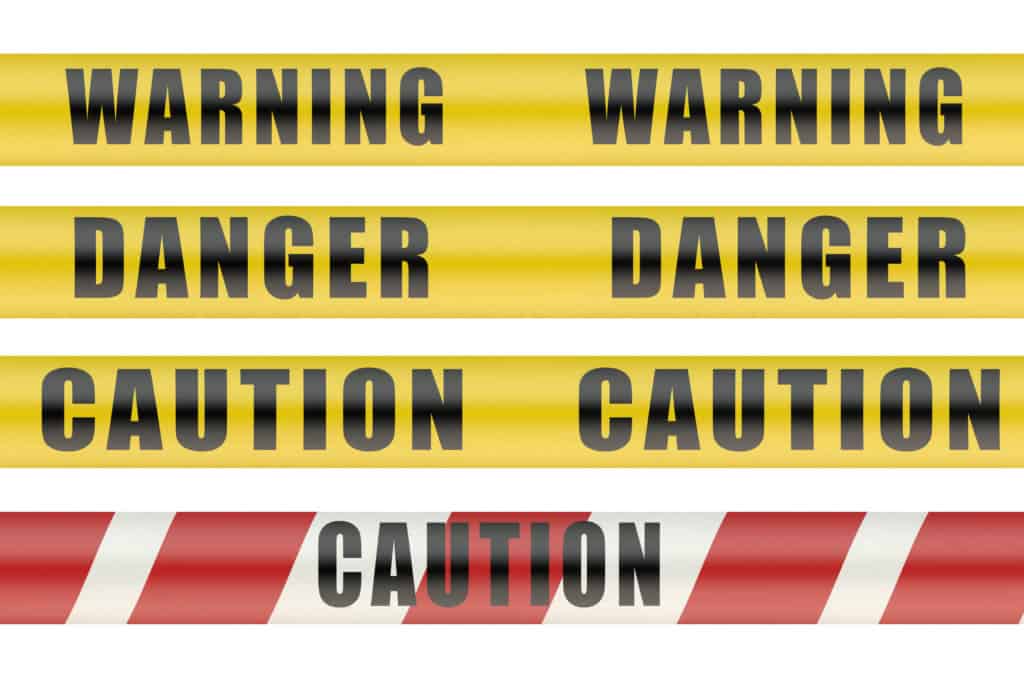
The accumulation of all this stress came flooding back into my life.
The negativity.
The irritability.
I became very emotional about everything.
Every day was a drag to get myself to school.
Thoughts of the difficult behaviour incidences at school plagued my mind, day and night and it affected my sleep.
I felt helpless to know how to support the needs of my students as well as take care of my own personal health and wellbeing too.
Every afternoon, I would go home crying to my husband that I couldn’t be a teacher any more.
That is was all just TOO HARD!!
Many of these symptoms had manifested months and months before my breakdown. But, did I listen to them?
What do you think?
Well, the answer is NO, I didn’t.
I think I thought I was some kind of ‘MARTYR’ – caring more about my students and what people would think of me, than give my body what it was crying out for.
Plus, the thing many of you will relate to was, that I was so committed to my job, I just didn’t want to let anybody down.
So, I just kept pushing on… hoping to get relief and rest when the school holidays finally came around.
That’s what a lot of us do. Don’t we?
We get so rundown through school-time, thinking that we will be OK if we just make it to the holidays.
The trouble is, often 2 weeks of break is just not enough time to recover when you get to this stage of depletion.
Well, I kept on going for another 4 months!!
CRAZY, right?!
It does sound crazy when you hear it out loud, but when it’s happening to you, it’s difficult to realise what poor decisions you are making for your personal health and wellbeing.
I did get some rest on the next holidays, but I kept working for another term.
But long story short, things didn’t get any better…
The signs and symptoms of teacher burnout that I had been experiencing got worse – the negativity, the mental fog, the sleep problems, the sheer exhaustion and then other symptoms raised their ugly head...the chronic exhaustion!
I couldn’t even drag myself off the lounge on the weekends and I’d lost all enjoyment in my life.
My mental health was now suffering greatly.
But, I was a sucker and let it happen to me!
Related Article: Stress Management Tips Every Teacher Needs to Know
Even after going to the doctor, I continued to work and wasn’t willing to acknowledge where I was at.
I was reduced to a public panic attack and reluctantly yielded to advice that I needed psychological help.
Recognise the signs to reduce the risk of teacher burnout
You might be experiencing some or all of these types of symptoms too.
Sometimes they might come and go, but I definitely believe you are in the DANGER ZONE my friend, and could be walking the one-way street to burnout.
Don’t let it go, even though I know you probably feel like you can push through it all. Your body is screaming out to you – “HEY! I need help!! Are YOU listening to me??”
TAKE THE TEACHER BURNOUT QUIZ HERE
Learn from others and learn from me. I know I sound a bit melodramatic, but if you get to this stage it’s serious.
You need to seek professional help.
But only YOU can make the changes needed.
DON’T think you will disappoint anyone if you need to put yourself first for a change.
DON’T think you’re a failure.
AND please DON’T think it will pass, especially if you aren’t committed to making any positive changes to your life.
If you have read any of my other posts about stress management, wellbeing or self-care, you’ll know that I’m passionate about helping and guiding other teachers through the minefield of the teaching life.
I’m only sharing this very personal story in the hopes that I can help someone else.
Maybe it’s YOU!
So this healing journey continues for me, to find rest and balance in an all too busy life.
Sharing what I’ve learned with you and how I am moving on in this situation, gives me a reason to get up in the morning.
I hope I’ve been able to help you think about if you’re at risk of teacher burnout.
So, stay tuned to my follow up post – Part 2 of my story – How I healed myself from burnout – COMING SOON!
Take care, my friend,
Michelle x
Other Articles You Might Like:
- 9 Quick Wins to Boost Teacher Energy, Naturally
- The Top 10 Things You Shouldn’t Say to a Teacher [To their face, anyway!]
- 3 Empowering Mindset Shifts for Teachers [That Will Change Your Life]
- Exposing 12 Self Care Myths: Important for Teachers to Know
- 6 Important Lessons I Learned from Teacher Burnout
PIN THIS FOR LATER!
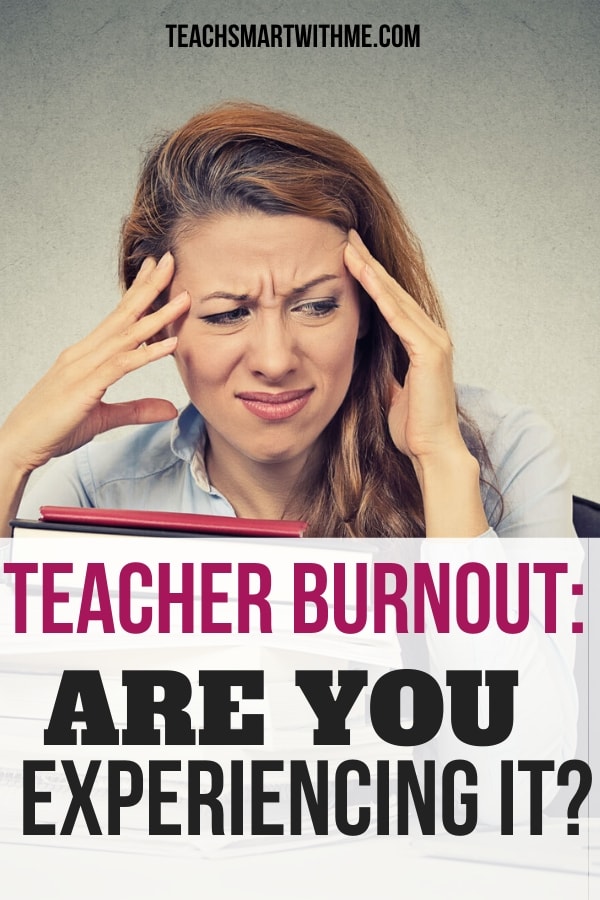
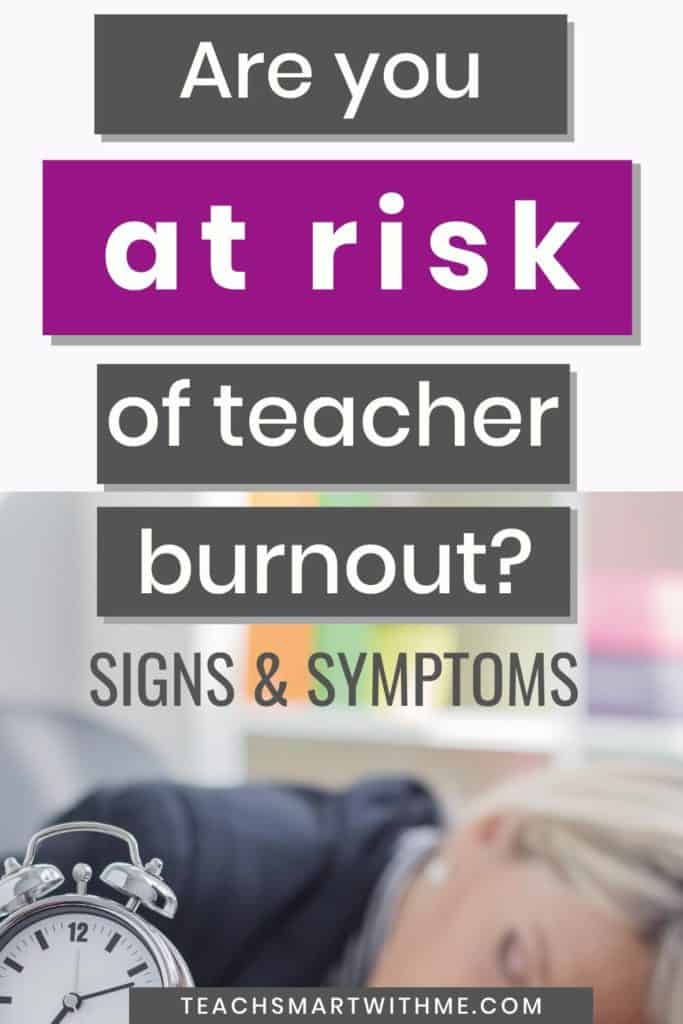


Leave a Reply